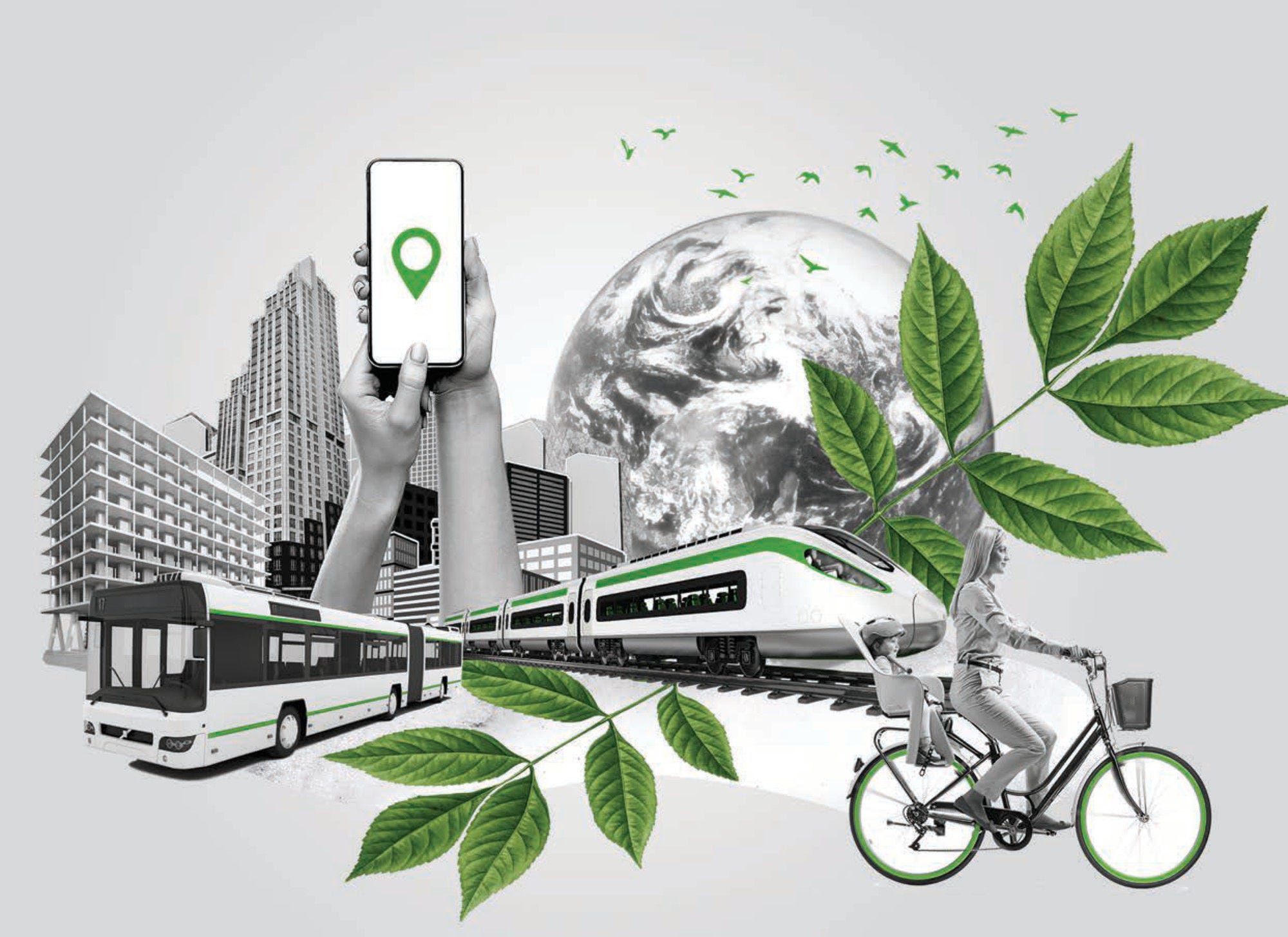Analytical and research support was provided by Ashley Acker, Aurélie Kopacz, Till Bunsen and Jonathan Leape (ITF).
Editing and publication support was provided by Michael Kloth, Paul Gallagher and Edwina Collins. The cover design is by Ana Cuzovic.
The authors would like to thank colleagues at the ITF for their valuable comments and contributions on the chapters: Pierpaolo Cazzola, Philippe Crist, Jagoda Egeland, Juliette Lassman, Olaf Merk, Wei-Shiuen Ng, Rachele Poggi, Tatiana Samsonova, and Elisabeth Windisch.
The authors are also grateful for the comments and contributions of their external reviewers: Aimée Aguilar Jaber (OECD/ENV), Jan Havenga (Stellenbosch University), Alan McKinnon (Kühne Logistics University), Andreas Schäfer (University College London), and Daniel Sperling (University of California, Davis). The publication also benefited from the contributions of Tihana Bule (OECD/DAF), Virginia Fernandez-Trapa (UNWTO), Dirk Glaesser (UNWTO) and Onésimo Flores Dewey (Jetty).
The policy scenarios in this report were influenced by a global survey of transport experts from ITF’s network in academia, industry, international organisations and government as well as the Transport Research Committee. The ITF thanks the 167 respondents for their insightful contributions. The ITF also benefited from the input of experts during workshops held for the Decarbonising Transport in the European Union project, the Decarbonising Transport in Latin American Cities project and the Decarbonising Transport in Emerging Economies project which helped define regional assumptions in the Transport Outlook scenarios.
The modelling approach was inspired by Alan McKinnon (Kühne Logistics University), Andreas Schäfer (University College of London), and Lóránt Tavasszy (Delft University of Technology). The ITF also benefited from the help provided by the following bodies of the OECD: the Environment Directorate (ENV) for the trade projections and the International Energy Agency (IEA) for their knowledge and model on vehicle and fuel technology (Mobility Model – MoMo).
Several partners have been valuable in developing the ITF modelling framework, methodologies and providing data: The International Council for Clean Transportation (ICCT) for data on local pollutant emissions; The International Maritime Organization (IMO) for data on vessel fleet composition and vessel speed data; The Energy and Resources Institute India, (TERI), the China Academy of Transportation Sciences (CATS), the Japan International Cooperation Agency (JICA); the United Nations Economic Commission for Latin America (ECLAC) and the Development Bank of Latin America (CAF) for data on Latin American cities and trade; the Road Freight Lab of World Business Council on Sustainable Development (WBCSD) on the freight optimisation; and the International Civil Aviation Organisation (ICAO) and the Airport Council International Europe (ACI Europe) for their help with aviation forecasts and emissions.
Finally, the ITF Transport Outlook 2021 benefited from valuable comments from the members of the International Transport Forum’s Transport Research Committee, which also approved the report.
The International Transport Forum is an intergovernmental organisation with 63 member countries. It acts as a think tank for transport policy and organises the Annual Summit of transport ministers. ITF is the only global body that covers all transport modes. The ITF is politically autonomous and administratively integrated with the OECD.
The ITF works for transport policies that improve peoples’ lives. Our mission is to foster a deeper understanding of the role of transport in economic growth, environmental sustainability and social inclusion and to raise the public profile of transport policy.
The ITF organises global dialogue for better transport. We act as a platform for discussion and pre-negotiation of policy issues across all transport modes. We analyse trends, share knowledge and promote exchange among transport decision-makers and civil society. The ITF’s Annual Summit is the world’s largest gathering of transport ministers and the leading global platform for dialogue on transport policy.
The Members of the Forum are: Albania, Armenia, Argentina, Australia, Austria, Azerbaijan, Belarus, Belgium, Bosnia and Herzegovina, Bulgaria, Canada, Chile, China (People’s Republic of), Colombia, Croatia, Czech Republic, Denmark, Estonia, Finland, France, Georgia, Germany, Greece, Hungary, Iceland, India, Ireland, Israel, Italy, Japan, Kazakhstan, Korea, Latvia, Liechtenstein, Lithuania, Luxembourg, Malta, Mexico, Republic of Moldova, Mongolia, Montenegro, Morocco, the Netherlands, New Zealand, North Macedonia, Norway, Poland, Portugal, Romania, Russian Federation, Serbia, Slovak Republic, Slovenia, Spain, Sweden, Switzerland, Tunisia, Turkey, Ukraine, the United Arab Emirates, the United Kingdom, the United States and Uzbekistan.
